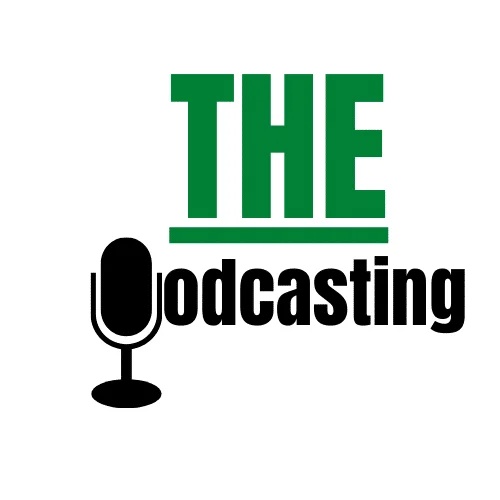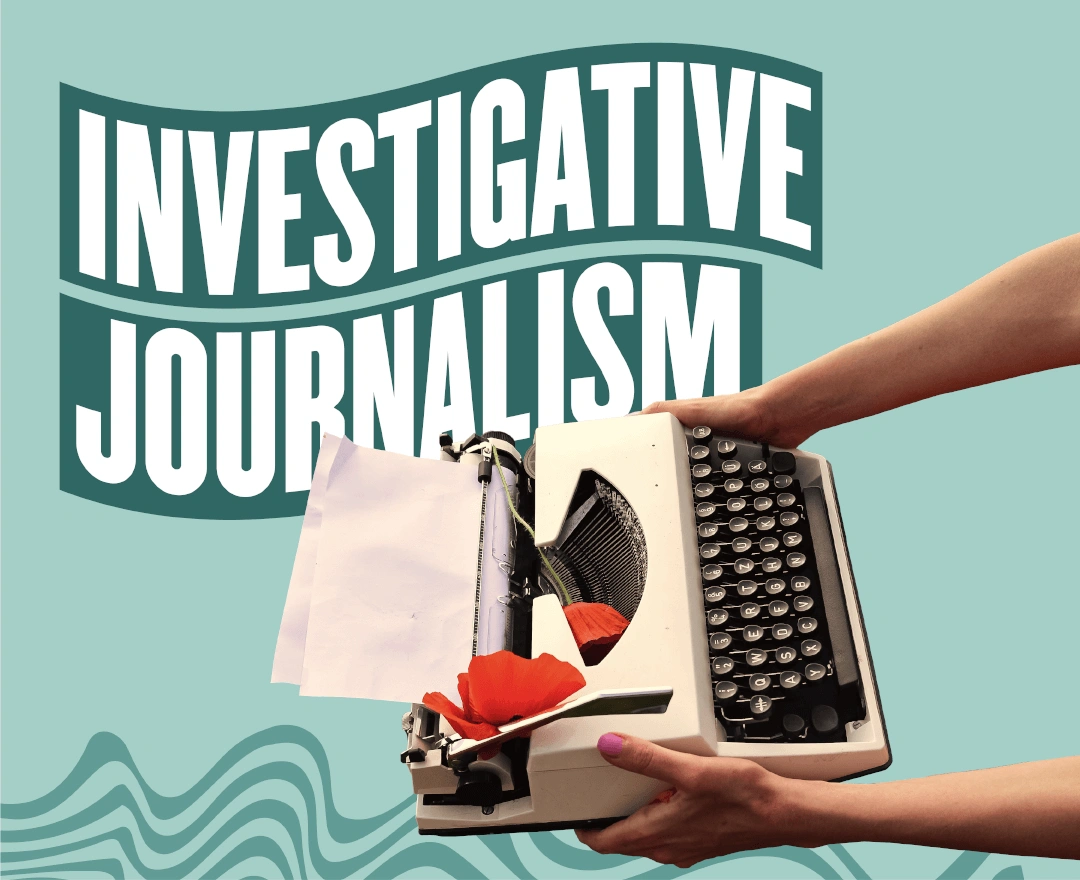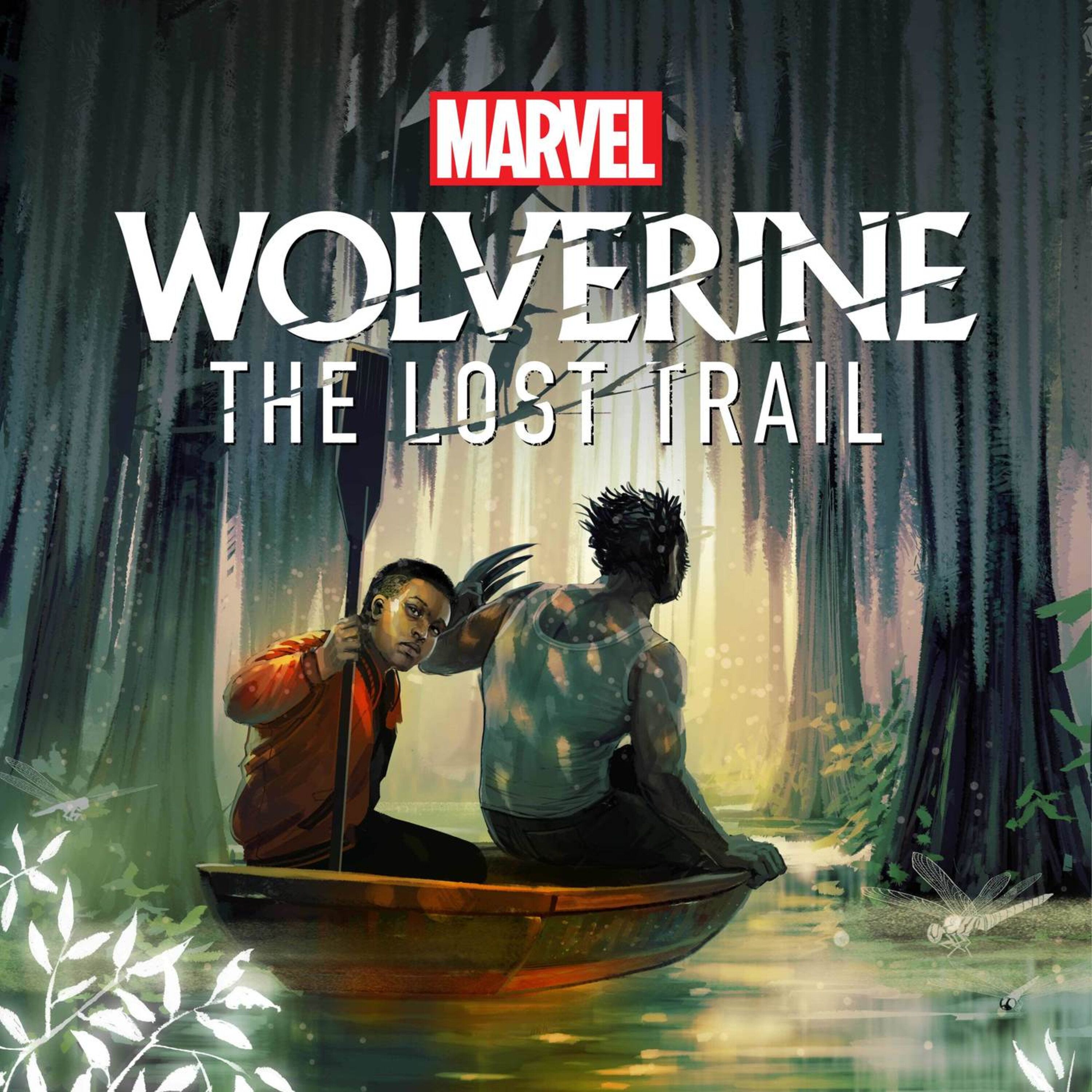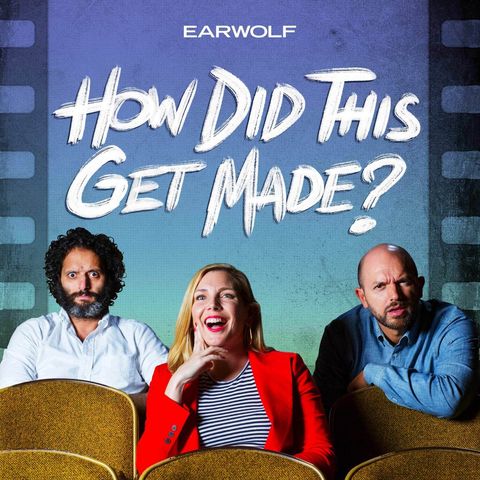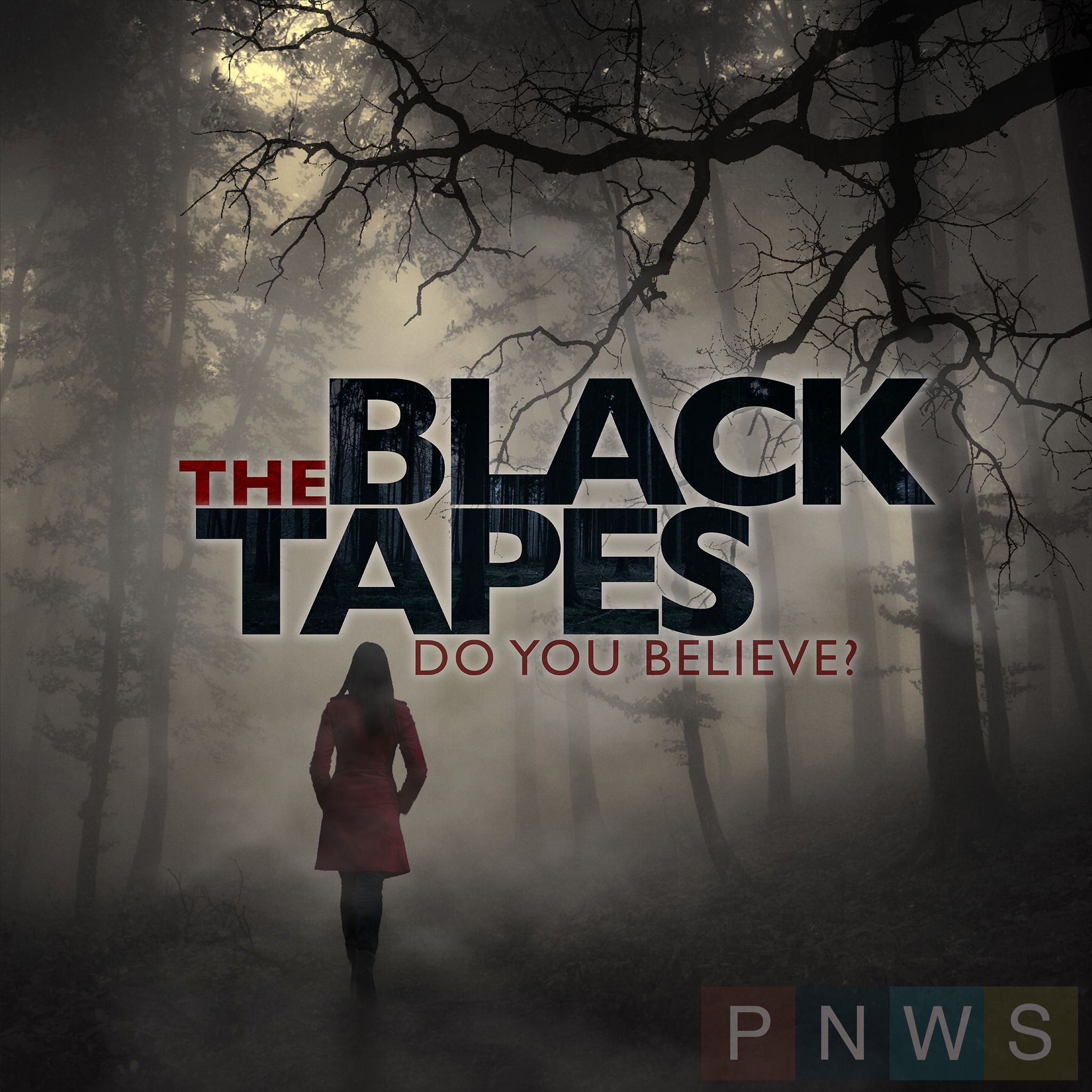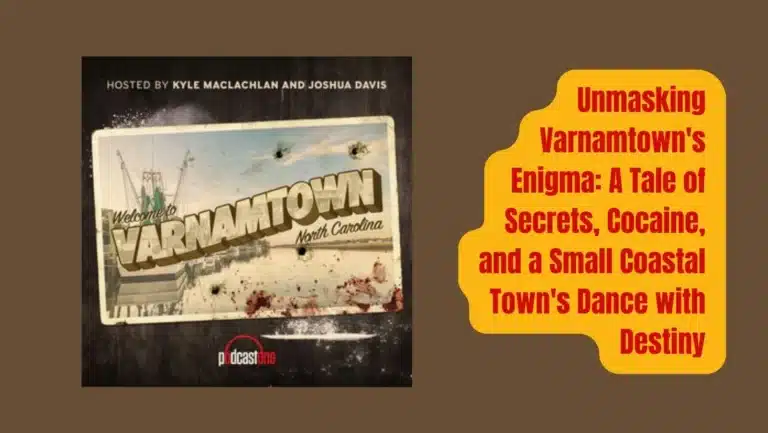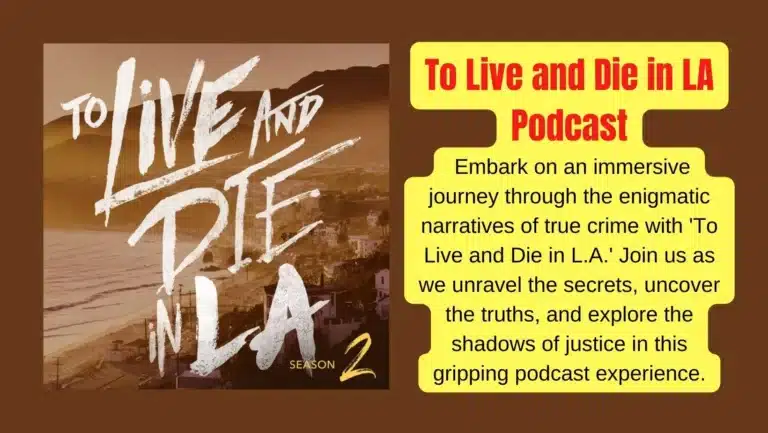A podcast script is a written document that outlines the content and structure of a podcast episode. It typically includes a combination of spoken dialogue, sound effects, and music, as well as instructions for the hosts, guest speakers, and audio engineers. The script includes the introduction, segments, guest interviews, transitions, and ending. The script serves as a roadmap for the podcast episode, providing a clear direction for the hosts and guests to follow, and helping to ensure that the podcast flows smoothly from one segment to the next. It also allows for any necessary editing and revisions to be made before recording, which helps to ensure that the final product is of the highest quality.
How to Write a Podcast Script : Podcasting Tips

Understanding the importance of a podcast script
Writing a podcast script is a form of artistic expression that conveys ideas through the medium of text. When crafting your script, imagine yourself having a conversation with your listeners. Use a conversational tone and be true to yourself by incorporating your unique voice and perspective. This will help to foster a personal connection with your audience, making your podcast more engaging and relatable.
